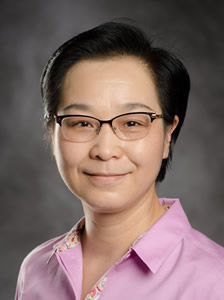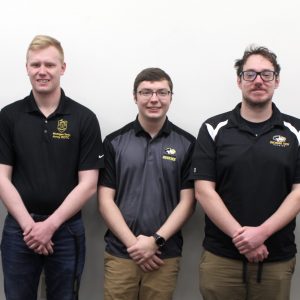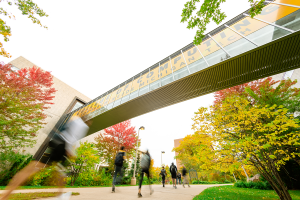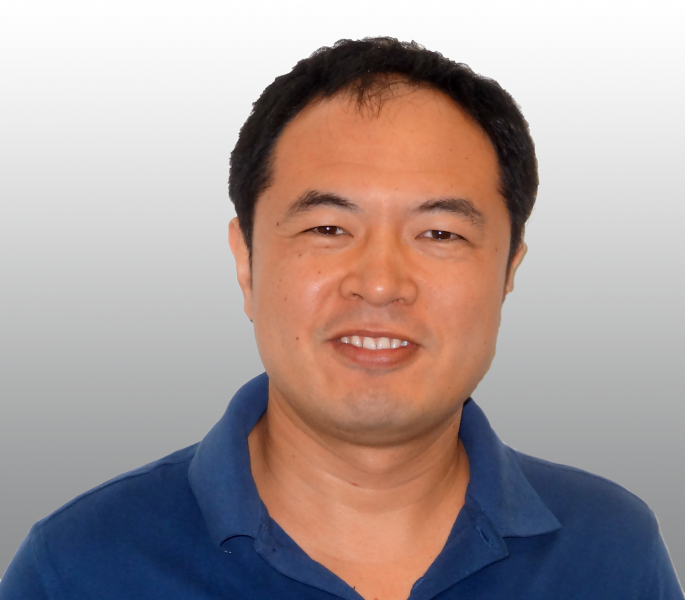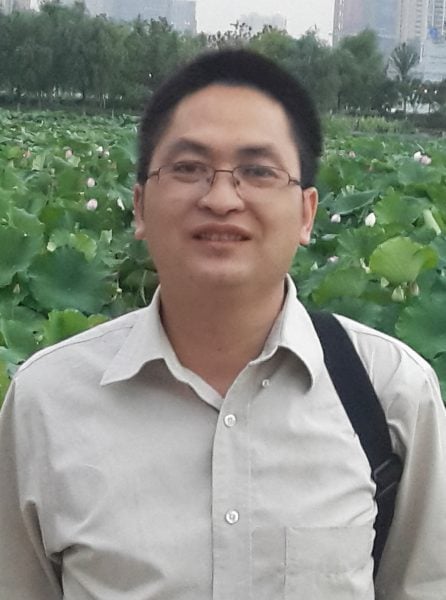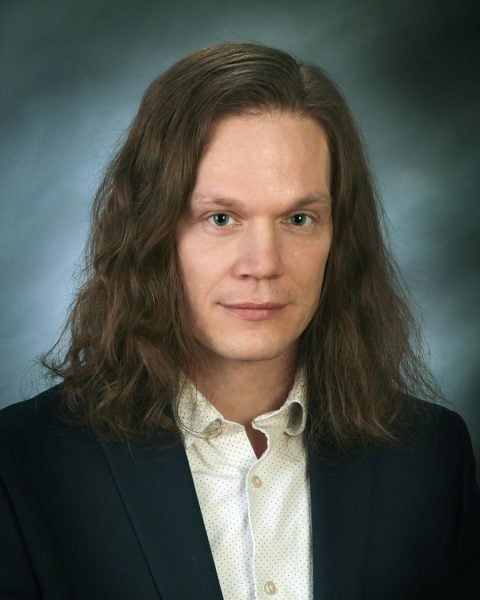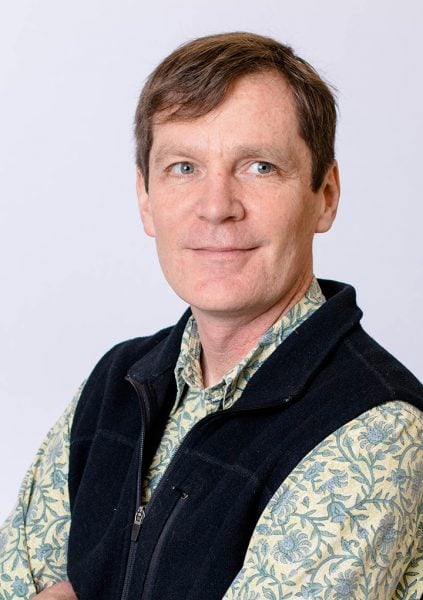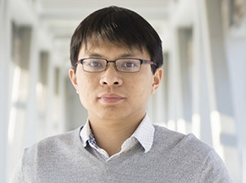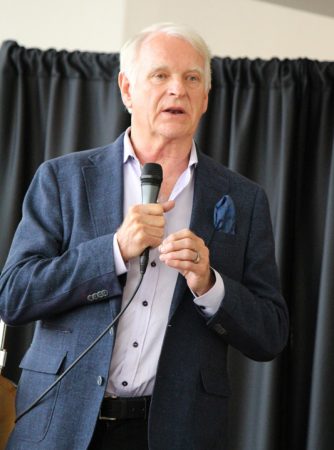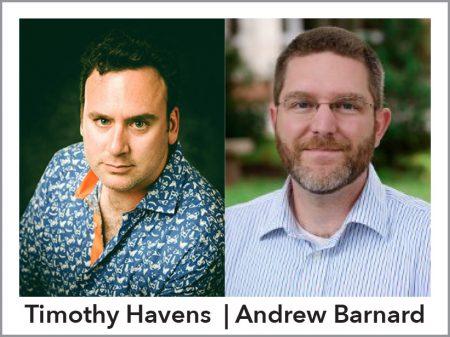
The MTU RedTeam ranked 13th out of 162 teams in a recent 24-hour Cybar OSINT Capture The Flag (CTF) cybersecurity competition. The team finished tied for 5th place, having completed all the challenges presented by the competition.
Students on the team were Trevor Hornsby (Software Engineering), Shane Hoppe (Computer Science), Matthew Chau (Cybersecurity), Steven Whitaker (Electrical Engineering), and Sankalp Shastry (Electrical Engineering).
Professor Yu Cai, Applied Computing, and Assistant Professor Bo Chen, Computer Science, are advisor and co-advisor of RedTeam, respectively. Both are members of the ICC’s Center for Cybersecurity.
RedTeam promotes a security-driven mindset among Michigan Tech students and provides a community and resource for those wishing to learn more about information security. The RedTeam competes in National Cyber League (NCL) competitions, a great way for students to gain competency in cybersecurity tools and boost their resumes.
RedTeam is on Slack at mturedteam.slack.com. Interested students can sign up with a Michigan Tech email. View past RedTeam presentations here.
This OSINT CTF is non-theoretical and contestants work in teams of up to four members to crowdsource the collection of OSINT to assist law enforcement in generating new leads on missing persons.
The contest runs as a Capture the Flag (CTF) format where contestants must collect various “flags” which equate to points. Since the each flag submitted is treated as potential “net new intelligence”, Trace Labs has a team of volunteers known as “Judges” who validate each submission and award points if the flag meets the category requirements. At the end of each CTF, the team with the most points on the scoreboard wins.

